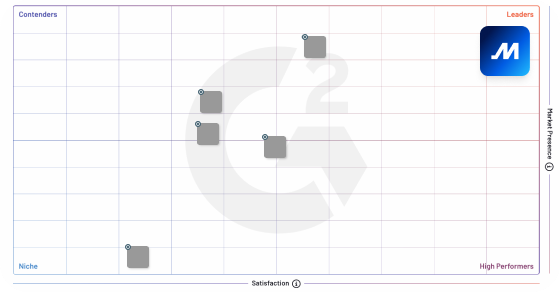ELD compliance refers to the requirement for commercial motor vehicle drivers to use electronic logging devices (ELDs) to record their hours of service (HOS). The Federal Motor Carrier Safety Administration (FMCSA) mandates the use of ELDs by commercial motor vehicle drivers required to keep records of duty status (RODS). The rules aim to improve safety by reducing the number of hours drivers spend on the road and preventing fatigue-related accidents.
ELDs connect to the vehicle’s engine and automatically record the driver’s movement, location, and driving time. This enables carriers to keep track of their drivers’ HOS accurately, making it easier to ensure compliance with federal regulations.
The ELD compliance rule benefits both carriers and drivers. It helps to eliminate the need for manual record-keeping, which is often prone to errors and can be time-consuming. The devices also provide real-time information on the driver’s HOS, making it easier for carriers to plan and manage their operations efficiently. In addition, ELDs help ensure that drivers take sufficient rest breaks.
Non-compliance with the ELD rule can result in significant penalties for carriers and drivers. Carriers may face fines of up to $10,000 per violation, while drivers may be placed out of service until they comply with the rule. Therefore, it is essential for carriers and drivers to understand and comply with the ELD rules.
Frequently Asked Questions
What does ELD compliance mean?
ELD compliance means adhering to the Federal Motor Carrier Safety Administration (FMCSA) regulations that mandate the use of electronic logging devices (ELDs) for commercial motor vehicles. These devices record a driver’s hours of service (HOS) and ensure compliance with federal safety regulations. The rule aims to improve safety by preventing fatigue-related accidents.
Non-compliance can result in significant penalties for carriers and drivers.
What is the ELD rule?
The ELD (electronic logging device) rule is a regulation issued by the Federal Motor Carrier Safety Administration (FMCSA) that requires commercial motor carriers to use electronic devices to track and manage their drivers’ hours of service (HOS) in real-time. The rule aims to improve safety and compliance with HOS regulations by reducing the number of hours drivers spend on the road and preventing fatigue-related accidents.
What does the ELD stand for?
ELD stands for Electronic Logging Device. It is a device that records a driver’s compliance with Hours of Service (HOS) regulations. The ELD synchronizes with a vehicle engine and automatically records driving time, location information, and other necessary data. The device replaces manual paper logs which were prone to errors and inaccuracies. The ELD mandate was implemented by the Federal Motor Carrier Safety Administration (FMCSA) in 2017 to improve safety on the roads.
Who is required to use an ELD?
All commercial motor vehicle operators who are currently required to maintain records of duty status (RODS) must use Electronic Logging Devices (ELDs) in the United States. This includes drivers of commercial trucks and buses who are required to maintain RODS on a daily basis. ELDs provide an automated way to record a driver’s hours of service and ensure compliance with federal regulations aimed at reducing accidents caused by driver fatigue.



